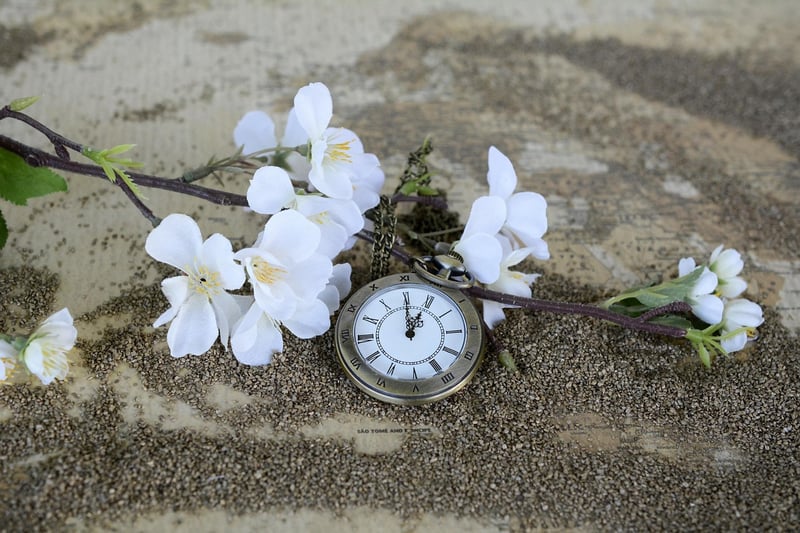Temporal Experiences
Exploring Time Realms and Temporal Experiences
Time, a concept that has intrigued humans for millennia, is a fundamental aspect of our existence. From ancient philosophers pondering its nature to modern physicists studying its intricacies, time remains a complex and enigmatic phenomenon. In this article, we delve into the realms of time and explore the various temporal experiences that shape our perception of reality.
The Concept of Time
Time is a dimension in which events occur in a sequence, from the past through the present to the future. It is a measure of the duration between two events and plays a crucial role in our understanding of the universe. The concept of time has been a subject of philosophical, scientific, and artistic contemplation, leading to diverse interpretations and perspectives.
Temporal Realms
Within the realm of time, different theories and models attempt to explain its nature. From the linear progression of time in classical physics to the more complex spacetime continuum in modern physics, our understanding of temporal realms continues to evolve. Concepts like time dilation, time loops, and parallel universes add layers of complexity to our perception of time.
Time Dilation
Time dilation, a phenomenon predicted by Einstein's theory of relativity, suggests that time can pass at different rates depending on the relative motion of observers. This concept challenges our intuitive understanding of time as a constant and universal quantity, highlighting the intricate relationship between time, space, and motion.
Time Loops and Parallel Universes
The idea of time loops, popularized in science fiction, posits the existence of causal loops where events repeat themselves indefinitely. Similarly, theories of parallel universes propose the existence of multiple realities coexisting simultaneously, each with its own timeline and possibilities. These concepts push the boundaries of traditional notions of time and reality.
Temporal Experiences
Our perception of time is not solely based on scientific theories but is also influenced by our subjective experiences. Time can seem to drag during moments of boredom or accelerate in times of excitement. Cultural, psychological, and biological factors further shape how we experience and interpret the passage of time.
The Flow of Time
Psychologist Mihaly Csikszentmihalyi introduced the concept of "flow," describing a state of complete immersion in an activity where time seems to dissolve. This experience highlights the subjective nature of time perception and the profound impact of engagement and focus on our temporal experiences.
Cultural Perspectives
Cultural norms and practices significantly influence how different societies perceive and value time. Some cultures emphasize punctuality and efficiency, viewing time as a precious resource to be managed carefully. In contrast, others adopt a more relaxed approach to time, prioritizing relationships and experiences over strict schedules.
Conclusion
Time, a multifaceted concept encompassing scientific, philosophical, and experiential dimensions, continues to captivate human imagination. By exploring the diverse realms of time and understanding the complexity of temporal experiences, we gain deeper insights into the nature of existence and our place within the fabric of time.

Join us on a journey through the enigmatic landscapes of time, where past, present, and future converge in a mesmerizing tapestry of temporal experiences.
